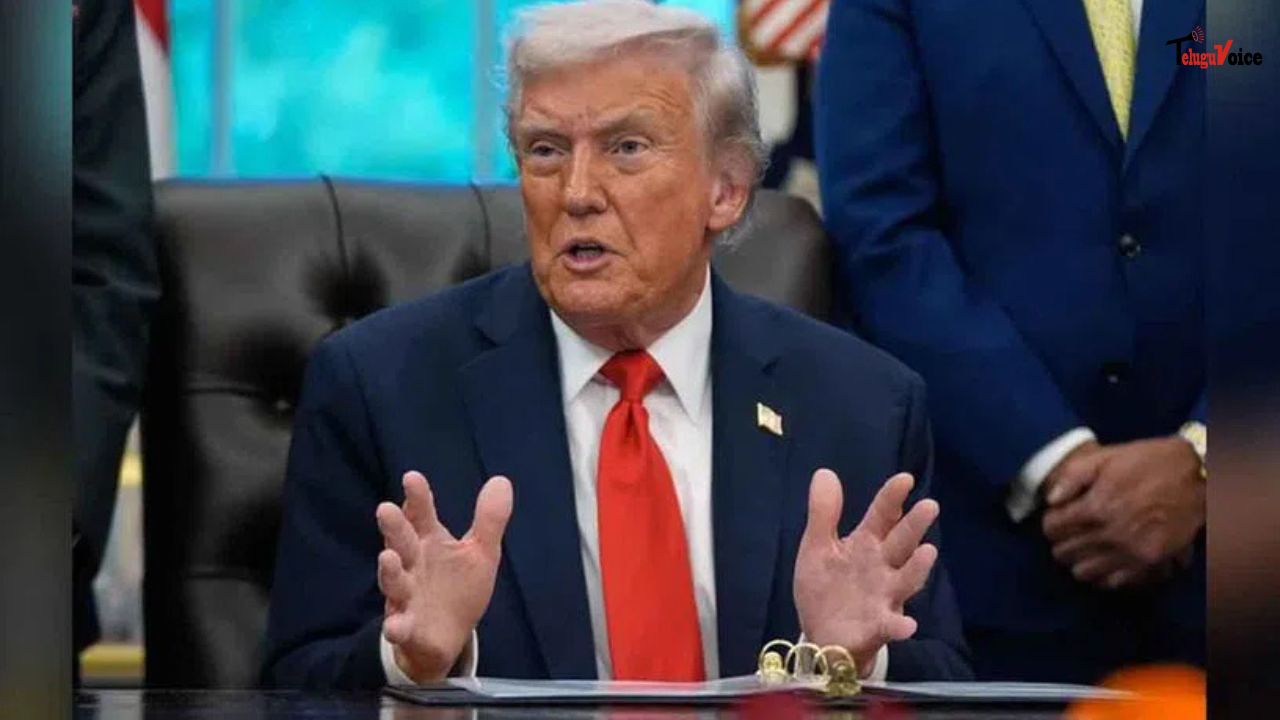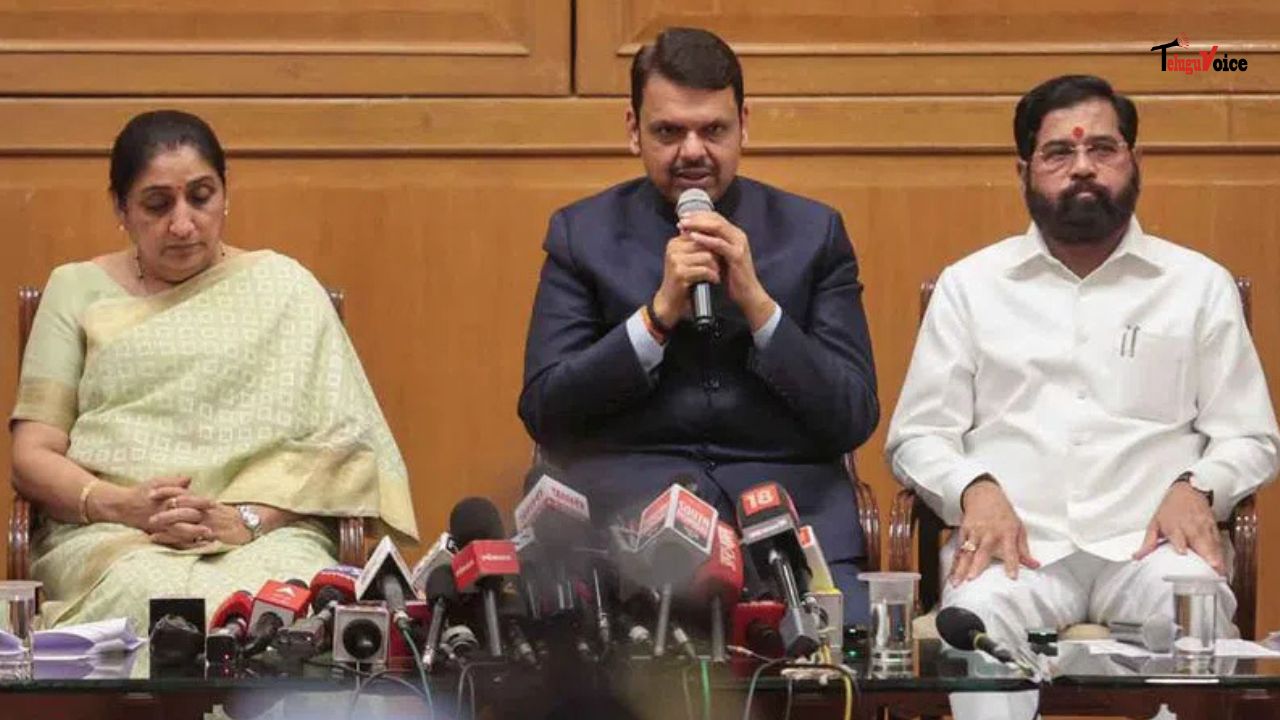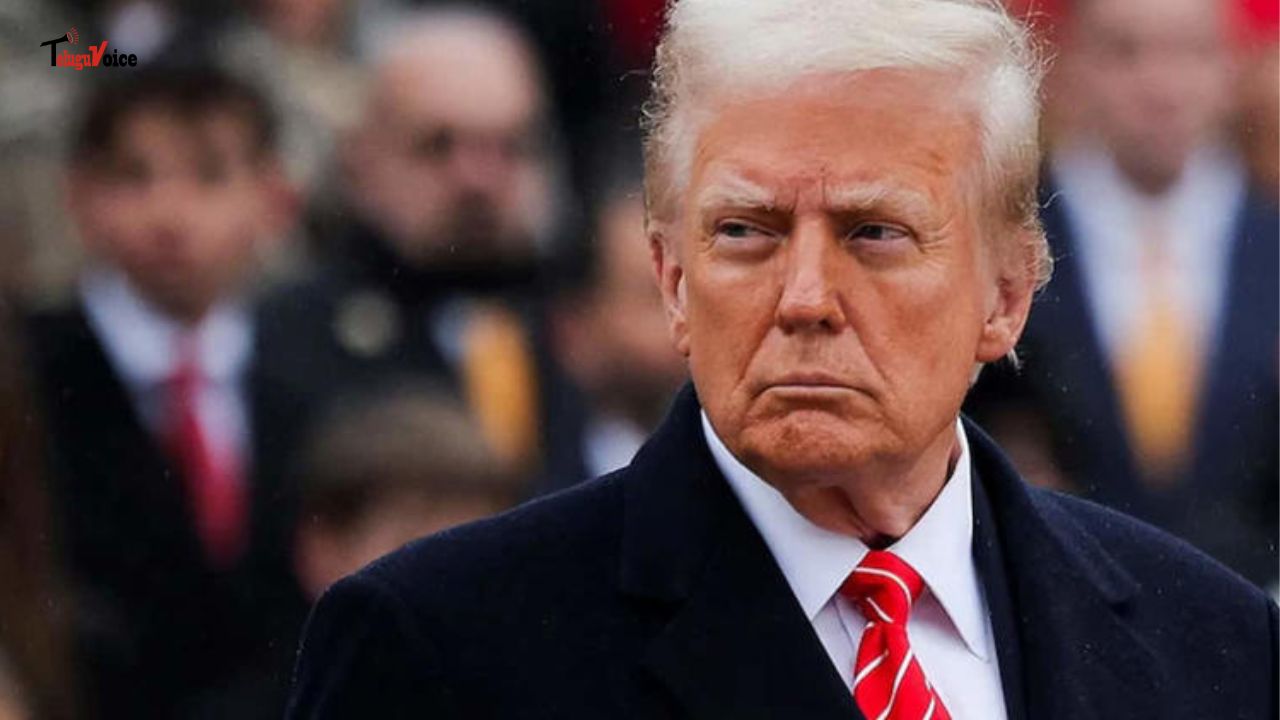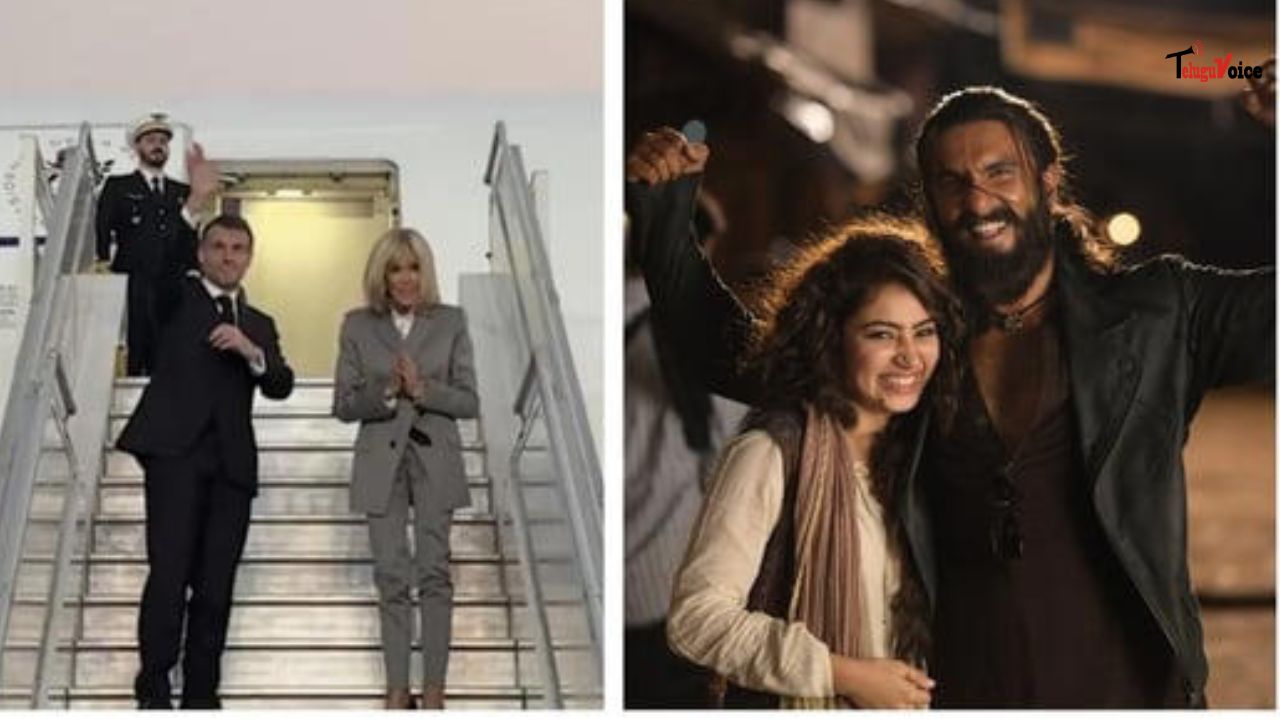White House defends Trump’s H-1B stance as “common sense”

The White House has defended President Donald Trump’s stance on the H-1B visa programme, describing it as a balanced and sensible approach that supports foreign expertise initially but prioritizes American workers in the long run. Addressing media questions, White House Press Secretary Karoline Leavitt explained that Trump is open to allowing skilled foreign workers at the start of large industrial and tech projects, especially when companies invest billions in the United States and require specialized talent to launch operations. However, she emphasized that Trump ultimately wants American workers to replace them once training and production are stabilized.
Leavitt clarified that the President’s remarks had been misunderstood, stressing that Trump has asked foreign companies investing in the US to “hire my people.” The statement comes amid heated debate within Republican circles and heavy pressure from conservative groups demanding tougher restrictions on immigration and the H-1B programme.
Trump recently sparked controversy when he publicly supported the idea of bringing in “thousands” of foreign experts to help build semiconductor and high-tech manufacturing capacity, especially in projects like the multi-billion-dollar chip plants in Arizona. During the US-Saudi Investment Forum in Washington, he argued that these skilled workers would train Americans to eventually take over high-end roles, acknowledging that there may not currently be enough qualified US workers available.
The administration has also introduced a proposed $100,000 additional fee for H-1B applications, calling it a major step to curb visa exploitation and prevent American workers from being replaced by cheaper foreign labour. Legal battles continue, with major lawsuits filed by business organisations including the US Chamber of Commerce.
The policy shift has especially impacted Indian tech professionals, who received over 70% of approved H-1B visas in 2024, largely due to a massive processing backlog and a high volume of skilled applicants. The debate continues to divide political and industrial stakeholders nationwide.

 South Africa tour of India 2019
South Africa tour of India 2019










Comments